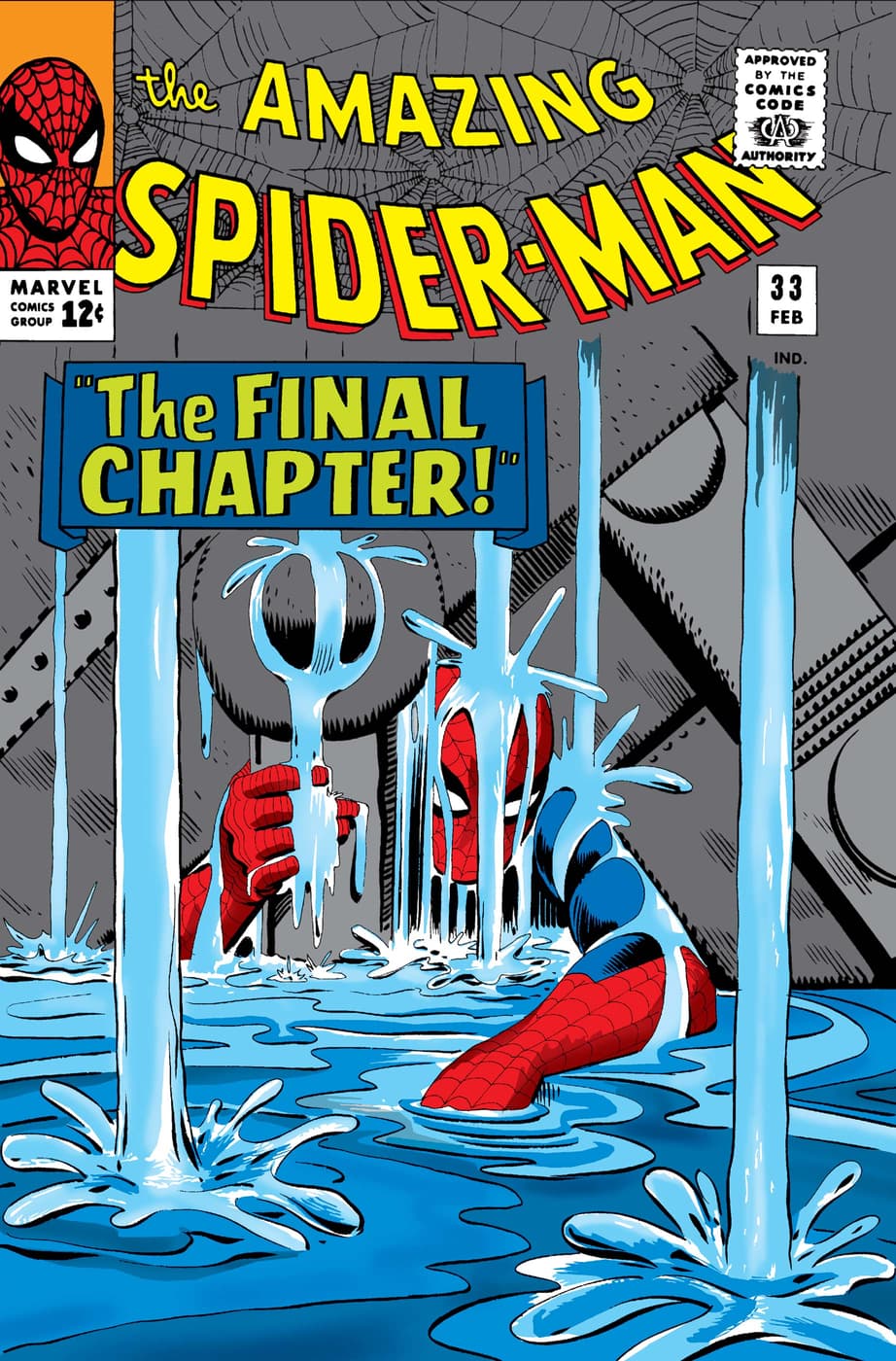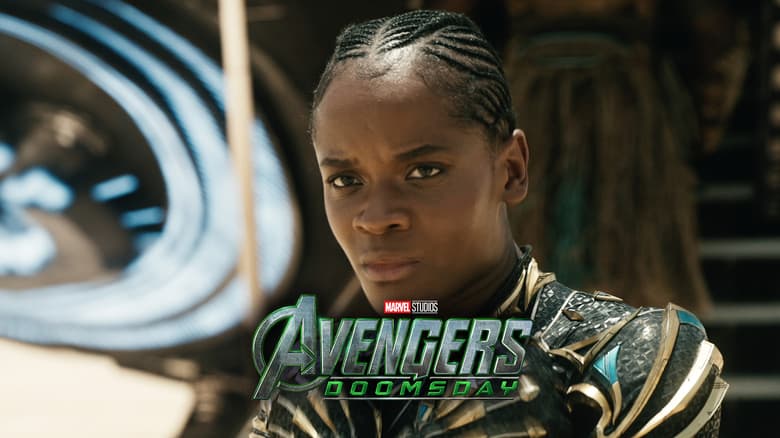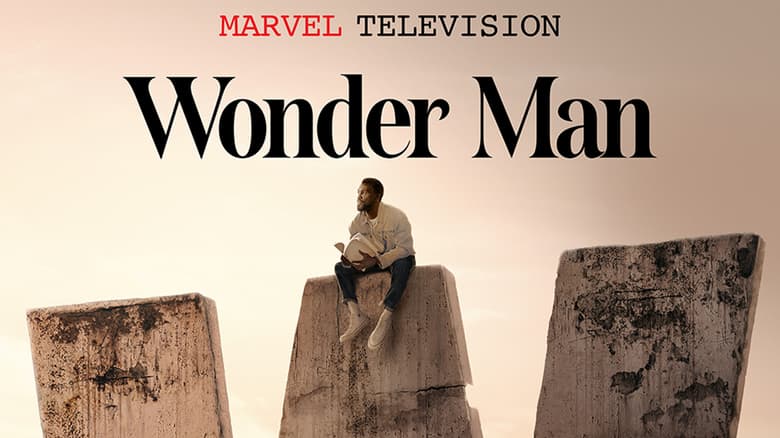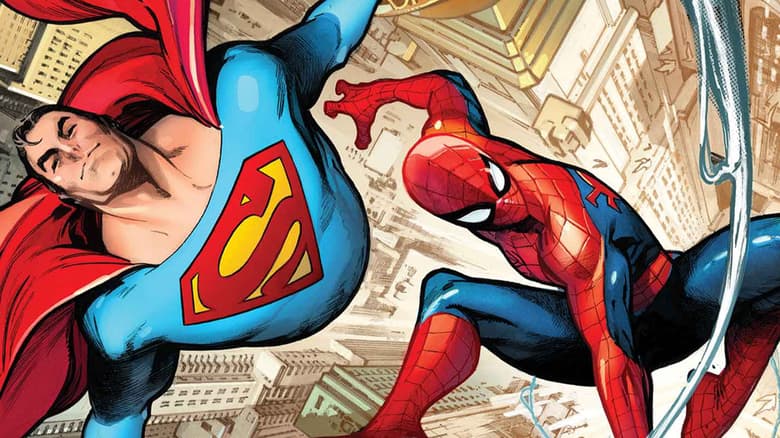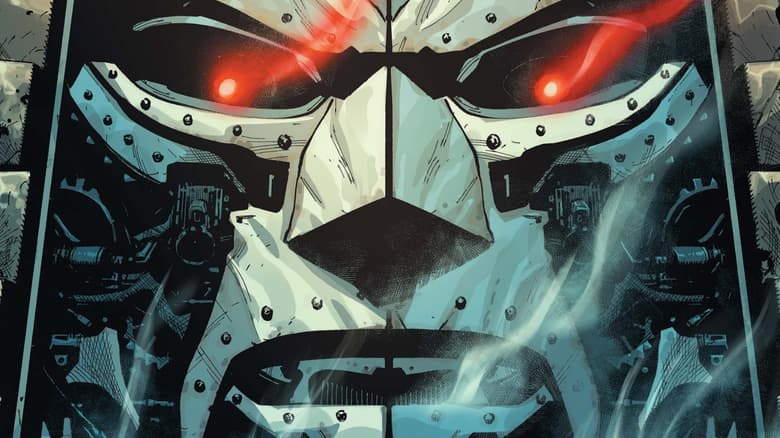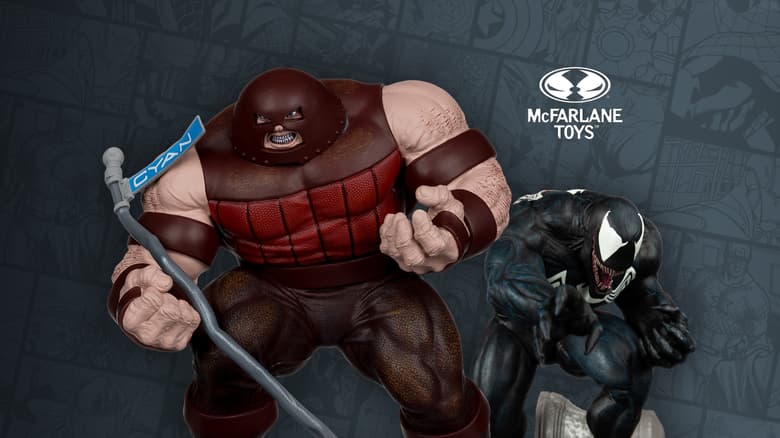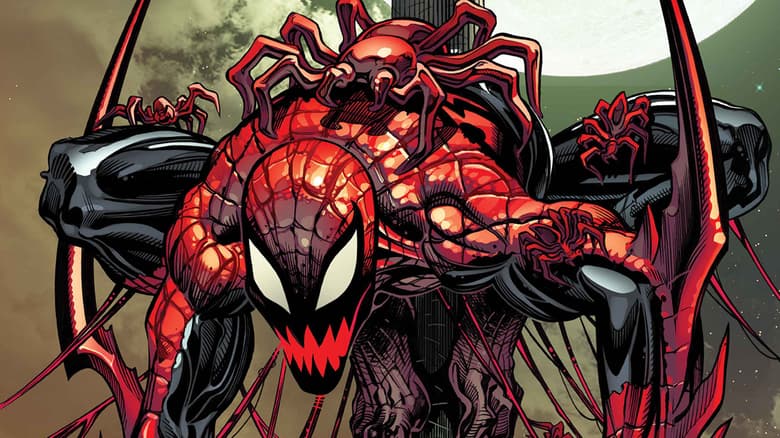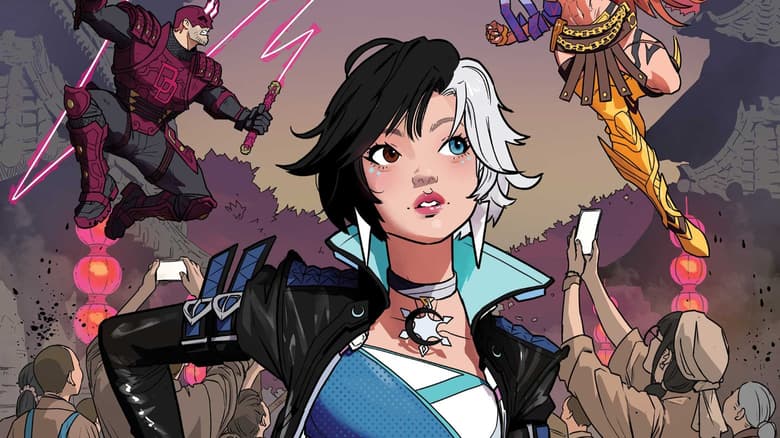Beyond Sensational: J.M. DeMatteis & More Look Back on Spider-Man’s Formative Moments
Writer J.M. DeMatteis joins editors Tom Brevoort and Stephen Wacker to discuss Spider-Man’s early stories and what made them so meaningful.
In the 60 years since he debuted in AMAZING FANTASY (1962) #15, Spider-Man has gone on some of the most iconic and beloved adventures in the history of the Marvel Universe. Over the years, he has grown to mean so many things to so many people, including the writers and editors who bring his stories to life.
As part of “Spider-Man’s Sensational Origins,” which celebrates Peter’s 60th anniversary, writer J.M. DeMatteis joined editors Tom Brevoort and Stephen Wacker to discuss Spider-Man’s early stories and what was most impactful or meaningful to them.
DeMatteis explained that the first time he ever saw a Spider-Man comic, he thought it must have been a horror story due to Steve Ditko’s art style. That caused him to avoid Peter’s adventures at first, but when John Romita Sr. took over as artist in the ’60s, DeMatteis jumped into the character’s adventures, and even went back to read Ditko and Stan Lee’s original stories.
“I think the essence of Spider-Man was right there in that first Romita story that I read,” DeMatteis recalled, “which is you had a huge, huge story on one level with the Green Goblin with Peter Parker, but the stakes weren't about the world. The stakes were all personal.”
“It was about Peter Parker,” he continued. “It was about Norman Osborn. It was about Harry Osborn. It was about their families. Spider-Man has always been a profoundly personal character rooted in really emotional stories of some psychological depth, and that's what I responded to as a kid, and that's what I respond to as a writer.”
Wacker agreed with DeMatteis, noting the early stories are darker than people give them credit for. The editor added that when he worked on Spider-Man, there was criticism about how dark things seemed to be getting. “There’s a murder in the very first Spider-Man story,” he pointed out. “It changes Peter's life in a dramatic way, and it haunted me a long time.”
As a kid, Wacker loved both Spider-Man’s powers and the poses that Ditko and Romita put him in – some of which, he said, “We all still make today that just are completely bound into the character.” However, Wacker also appreciated Peter’s experience as a teenaged hero and as a dutiful nephew to his Aunt May, despite super heroes often being untethered by family.
Finally, the question turned to Brevoort. “To me, particularly the early Spider-Man stories are the ones that really made me connect with the character,” he explained. “Yeah, I grew up in the '70s, and [in] the '70s, Spider-Man was ubiquitous. He was kind of everywhere. The '67 cartoons ran in afternoons all the time, and he was on The Electric Company, and so forth.”
However, it wasn’t until he read earlier stories with Spider-Man in them that he really connected to the character: “I think, the essence of what makes Spider-Man work is Spider-Man was the first super hero who was the audience, that all the super heroes up to that point, were – as J.M. said earlier – these fairly aspirational, finely-chiseled, full-grown upstanding citizens. Peter Parker was just this stupid kid trying to make something good out of this weird accident that happened to him and often lousing up in the way he did it.” Brevoort noted that Spider-Man was often bad at using his powers, which he found relatable.
For all three, the main thing that made Spider-Man amazing, spectacular, and astonishing was Peter’s relatability, which led Spider-Man to become beloved by not just DeMatteis, Wacker, and Brevoort, but millions around the world.
Marvel is celebrating Spider-Man's 60th anniversary all month long! Stay tuned for more Spider-fun right here on Marvel.com.
You can grab these comics and more digitally or at your favorite local comic book shop. Be sure to ask your local shop about their current business policies to observe social distancing or other services they may offer, including holding or creating pull lists, curbside pick-ups, special deliveries, and other options to accommodate. Find and support your local comic book shop at ComicShopLocator.com or by visiting Marvel.com/LoveComicShops.
For digital comics, all purchases in the Marvel Comics app can be read on iPhone®, iPad® and select Android™ devices! Our smart-paneling feature provides an intuitive reader experience, ideal for all types of mobile device and tablet users! Download the app on iOS and Android now!
The Daily Bugle
Can’t-miss news and updates from across the Marvel Universe!
